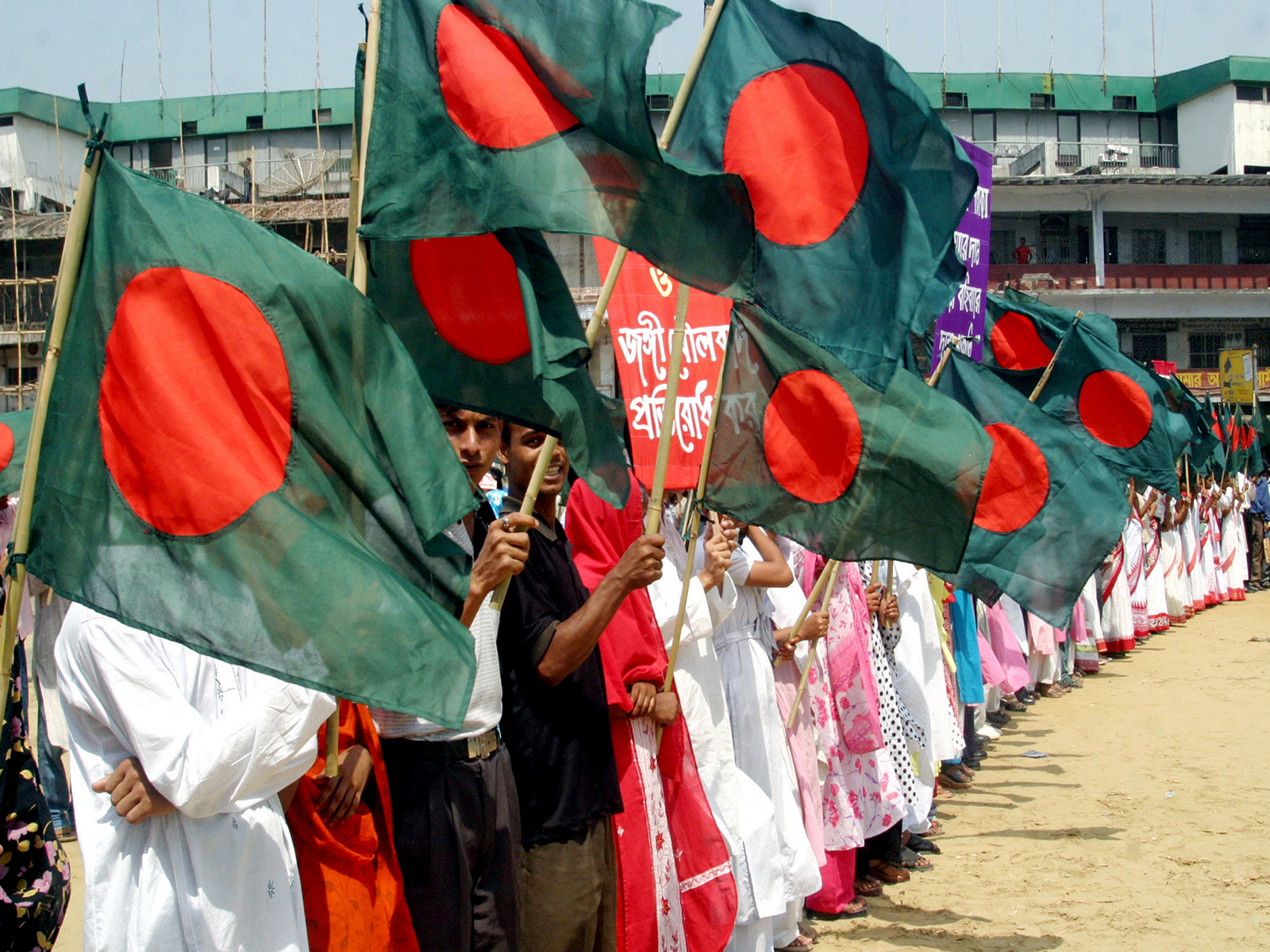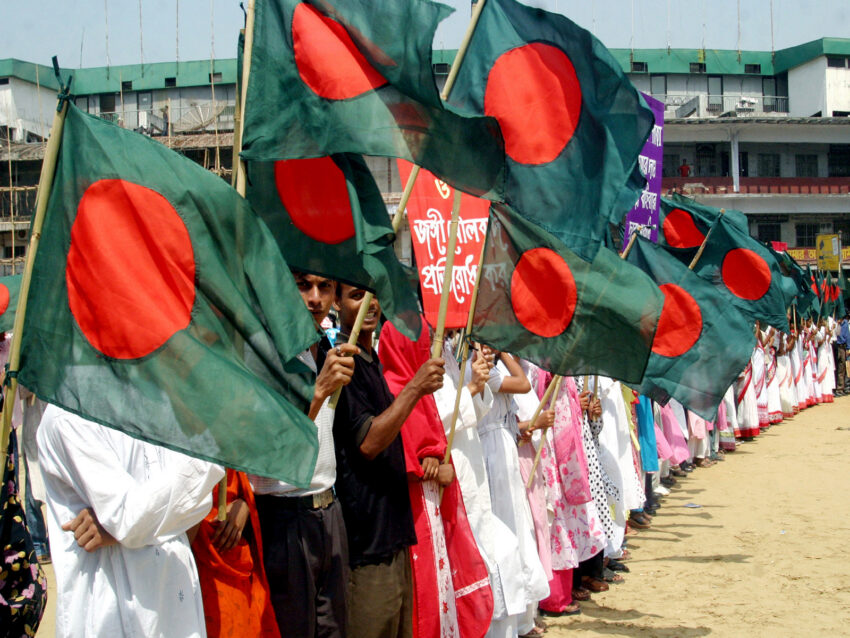
Dhaka [Bangladesh], November 16 (ANI): Bangladesh has tightened security ahead of a shutdown as the Bangladesh International Crime Tribunal (ICT) prepares to deliver a verdict in a case filed against former Prime Minister Sheikh Hasina.
The case relates to alleged crimes against humanity during the student-led protests in July-August 2024. Sheikh Hasina has denied all allegations against her.
The situation in Bangladesh has become tense ahead of the verdict. Sheikh Hasina’s Bangladesh Awami League has announced a two-day shutdown across the country, starting Sunday morning, disrupting normal life. Traffic in the capital, Dhaka, has been relatively light, while firecracker explosions have been reported in some areas.
Business leaders have expressed concern over the political situation, hoping that the upcoming general elections will help restore stability in the country.
Quazi Moniruzzaman, former President of the Bangladesh Garments Manufacturers and Exporters Association (BGMEA), said, “I think it is not a very comfortable situation. We are very scared about the situation. We hope there will be free and fair elections, people will cast their votes peacefully, and an elected government can resolve all problems–business, social issues, law and order–which are currently in very bad shape.”
“As a freedom fighter who fought for the country in 1971, I feel very sorry for all the inconvenience caused to the people of Bangladesh. Last year was very difficult. We hope the 2026 elections will give new hope to the people of Bangladesh. We also aim to maintain good relations with all neighbouring countries while protecting our sovereignty. Above all, we must come together for a peaceful situation in the region,” he added.
Moniruzzaman also stressed the importance of maintaining strong ties with neighbouring India, saying, “India helped us in 1971, and as a freedom fighter, I received training there. We need to maintain strong ties with India while respecting our sovereignty. As a big neighbour, India will respect our sentiments, and we hope to have good relations in the future.”
Commenting on the garment industry, Moniruzzaman said, “We are proud of the garment industry. It has been running for a long time, but the current situation is unstable. Any unrest will hurt the industry, and overseas buyers may lose confidence. This sector earns most of Bangladesh’s foreign currency and employs many, especially women. If the industry is not protected, it could lead to social unrest and economic problems.”
Regarding minorities, he said, “As human beings, I do not believe in minority or majority distinctions. We are all Bangladeshi people, and there should be no discrimination based on religion.”
Since the interim government, led by Nobel laureate Muhammad Yunus, has banned the activities of the Awami League and its affiliated organisations, party leaders have been announcing programmes through social media from undisclosed locations while actively campaigning online.
In July 2024, a student-led uprising toppled Sheikh Hasina’s government. On August 5, 2024, she fled to India, and an interim government was formed under Muhammad Yunus. According to a United Nations report, around 1,400 people may have died during the July protests.
Sheikh Hasina’s administration had initially established the International Crimes Tribunal to prosecute crimes against humanity committed during Bangladesh’s 1971 Liberation War against Pakistan. The tribunal previously tried several Jamaat-e-Islami leaders accused of war crimes during Hasina’s tenure. (ANI)


